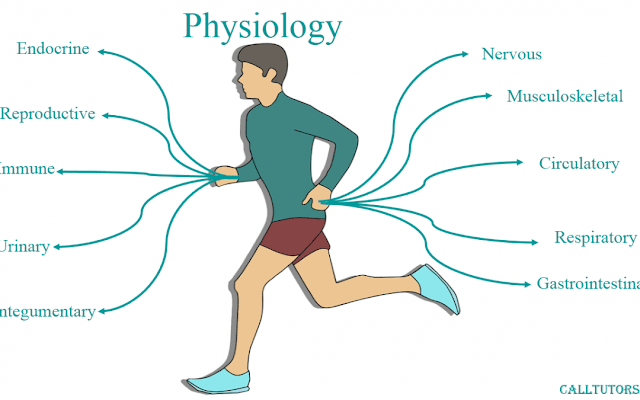Physiology is the branch of biology that deals with the normal functions of living organisms and their parts. It is the study of how living organisms function, including their physical and chemical processes. Physiology encompasses a wide range of topics, including the study of organ systems, cells, and molecules. It also examines how organisms adapt to their environment and how they respond to different stimuli.
One of the main goals of physiology is to understand the normal functioning of the body. This includes studying the different organ systems and how they interact with one another. For example, researchers might study how the heart pumps blood through the body, or how the lungs move air in and out. By understanding the normal functioning of the body, scientists and medical professionals can develop treatments and therapies for illnesses and injuries.
Another important aspect of physiology is understanding how organisms adapt to their environment. This includes studying how organisms respond to changes in their environment, such as changes in temperature or oxygen levels.
For example, researchers might study how fish can survive in deep, cold waters, or how plants can survive in a desert. By understanding how organisms adapt to their environment, scientists can develop strategies to help organisms survive in harsh conditions.
Physiology is also an essential component of many medical fields. For example, doctors and nurses use their understanding of physiology to diagnose and treat patients. Surgeons use their knowledge of physiology to plan and perform operations. Physical therapists use their understanding of the musculoskeletal system to help patients recover from injuries.
Anatomy can be studied in a number of different ways. Some people study it through dissection, by examining the different parts of the body and how they fit together. Other people study it through observation, by looking at X-rays and other medical images. Many people study anatomy by using computer-based models, which can help them to see the body in more detail than they would be able to through dissection or observation alone.
Physiology is a vast and complex field that is constantly evolving. New research and technology are continually shedding light on the inner workings of living organisms, and the field is becoming increasingly interdisciplinary, incorporating insights from other fields such as biology, chemistry, and physics.
In conclusion, physiology is a fascinating and essential field that provides a deeper understanding of the normal functions of living organisms. By studying the different organ systems, cells, and molecules, as well as how organisms adapt to their environment, we can gain insights into how living organisms work, and develop treatments and therapies for illnesses and injuries.
With its wide range of applications, physiology is an essential subject for those interested in understanding living organisms, and it is a field that will continue to evolve and expand in the future.
